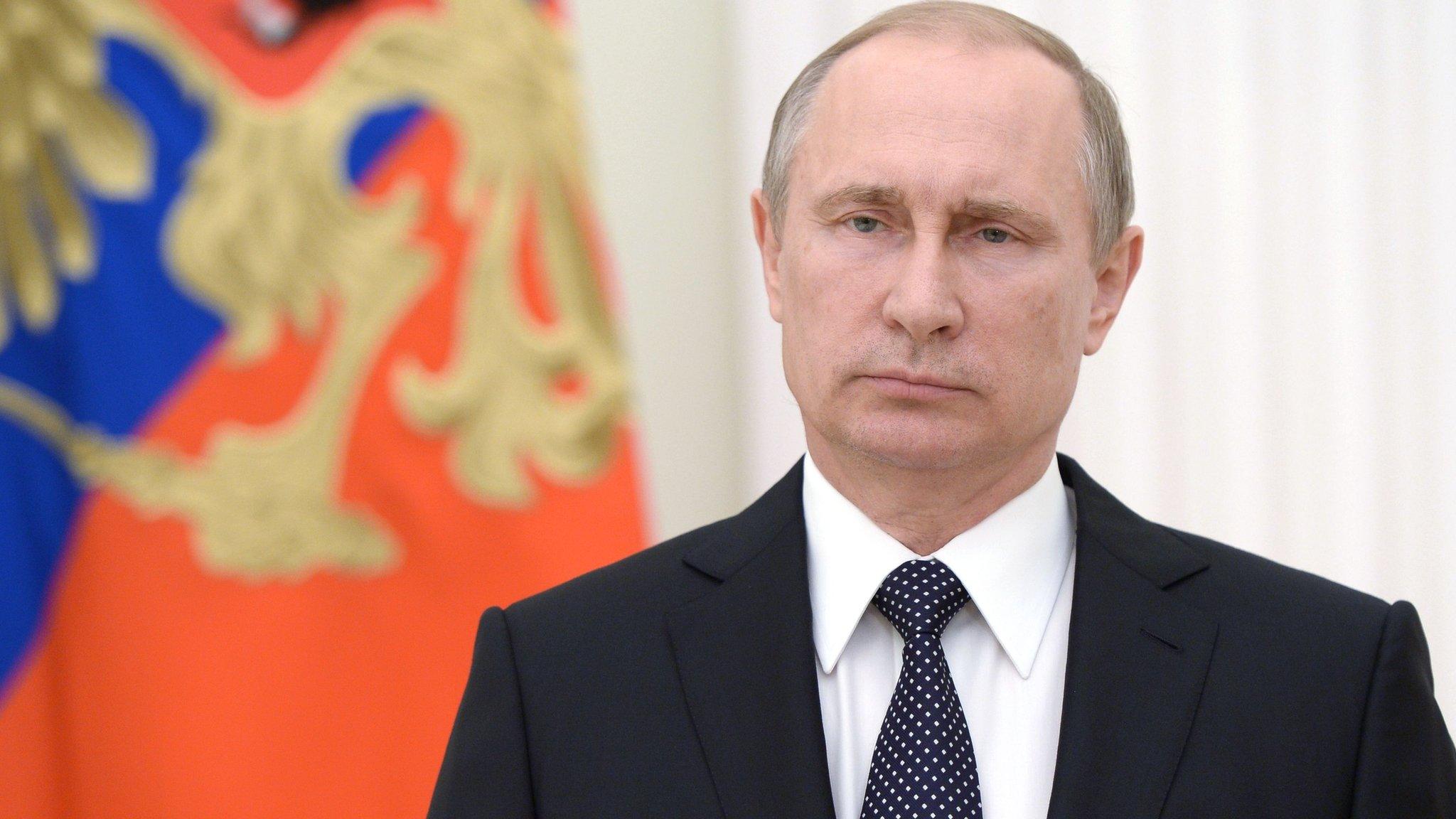Rio Paralympics 2016: Russia set to discover if it will be banned following doping claims
- Published
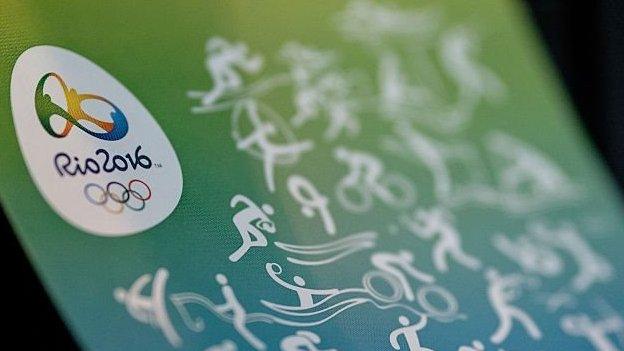
Rio will host the 15th edition of the summer Paralympic Games
Russia is set to find out on Sunday if it is to be banned from the 2016 Paralympics in Rio as a result of the ongoing doping crisis in the country.
The International Paralympic Committee (IPC) "opened suspension proceedings" last month following the publication of another damaging report.
That report, compiled by Canadian law professor Richard McLaren, claimed Russia operated a state-sponsored doping programme from 2011 to 2015.
The Paralympics begin on 7 September.
The IPC is set to announce whether it will suspend the National Paralympic Committee of Russia at a news conference in Rio.
Should the NPC be suspended it will have 21 days to appeal against the decision.
Reacting to the McLaren report, IPC president Sir Philip Craven said: "McLaren's findings are of serious concern for everyone committed to clean and honest sport.
"The additional information we have been provided with by Richard McLaren includes the names of the Para athletes associated with the 35 'disappearing positive samples' from the Moscow laboratory highlighted in the report.
"We are also urgently following up on McLaren's recommendation for 19 samples from the Sochi 2014 Paralympic Games to be sent for further analysis, having been identified as part of the sample-swapping regime in place during the Games."
Craven said Russia's NPC would be given the chance to make its case before a decision is made.
What about the Olympics?
The International Olympic Committee (IOC) originally said individual sports' governing bodies should decide if Russian competitors were clean to compete at the Olympics, which begin on 5 August.
But it now says a newly convened three-person panel "will decide whether to accept or reject that final proposal".
More than 250 Russian athletes have so far been cleared to compete.
The IOC says it plans to re-test all Russians who competed at the 2014 Winter Olympics in Sochi.
Russia topped the medal tables at both the Winter Olympics and Paralympics in the Russian city of Sochi, winning 113 in total, 43 of them gold.
What did the McLaren report tell us?
Commissioned by the World Anti-Doping Agency, it looked into claims by Grigory Rodchenkov, the ex-head of Russia's national anti-doping laboratory.
He alleged he doped dozens of athletes in the run-up to the 2014 Winter Games with the help of the Russian government, which exploited its host status to subvert the drug-testing programme.
Rodchenkov, now in hiding in the United States, also alleged that he doped athletes before the 2012 Games in London, the 2013 World Athletics Championships in Moscow and the 2015 World Swimming Championships in Kazan.
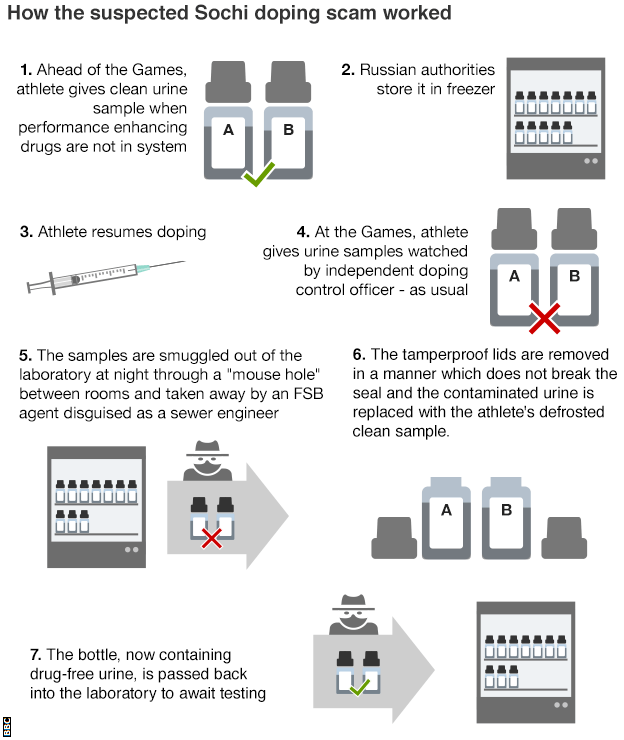
- Published25 July 2016
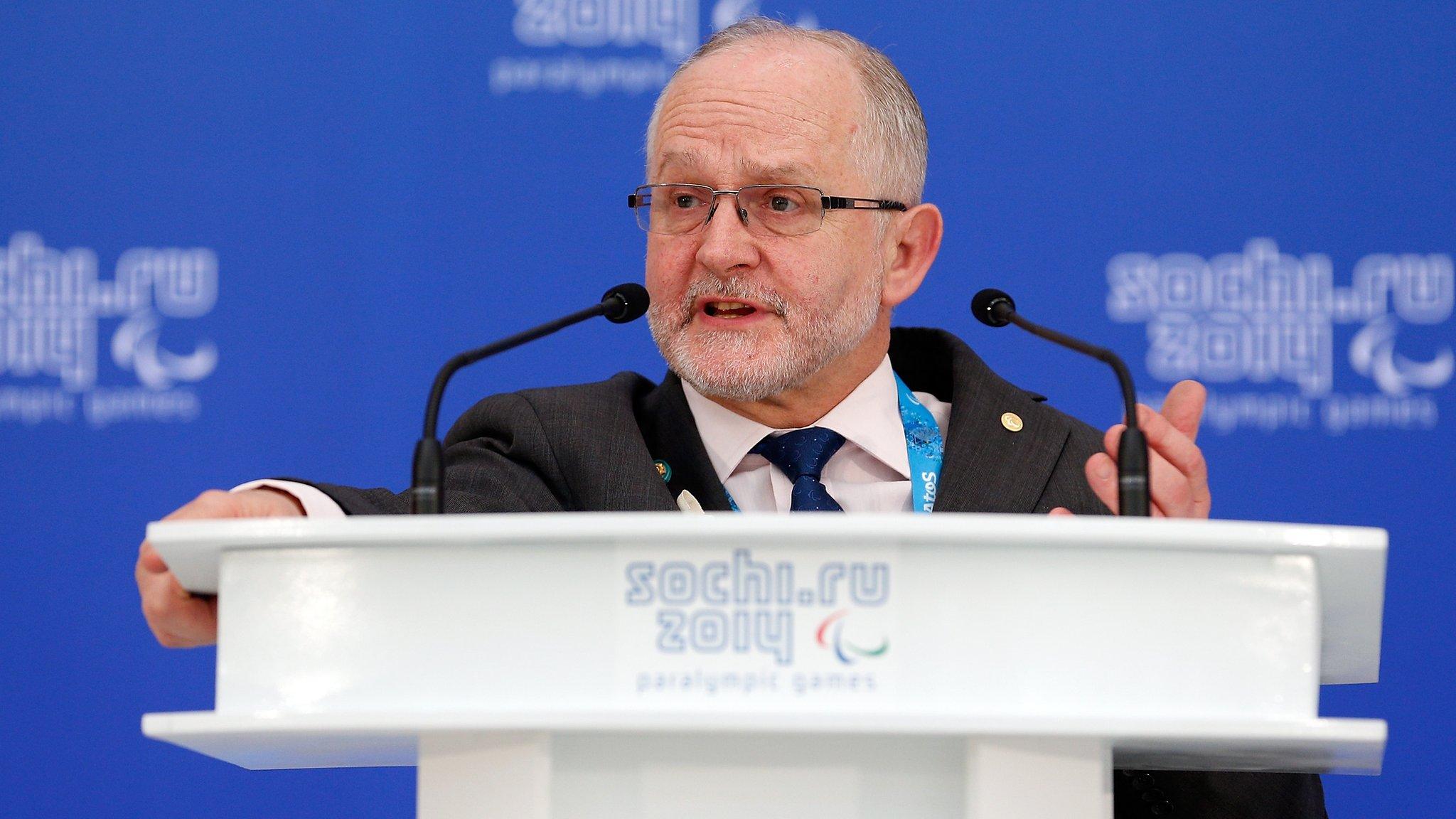
- Published22 July 2016
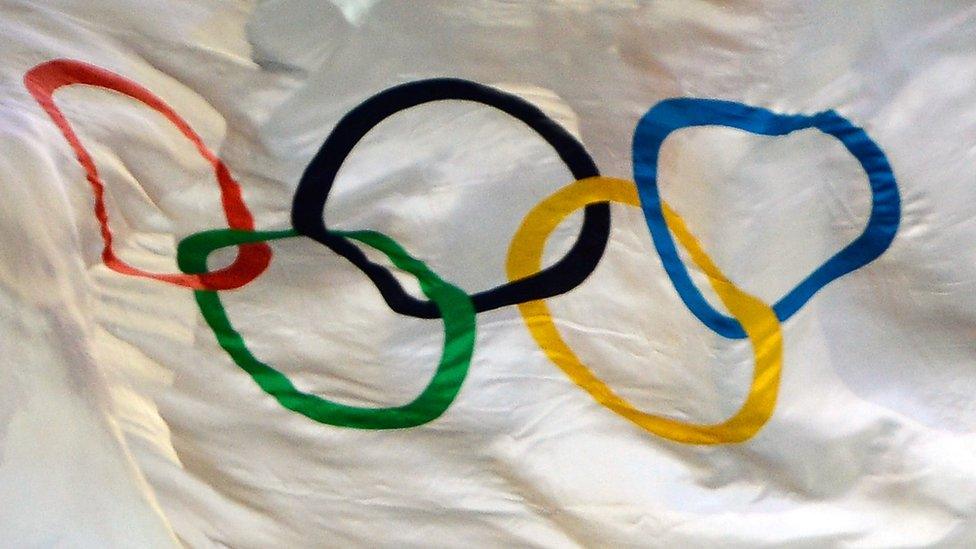
- Published22 July 2016
